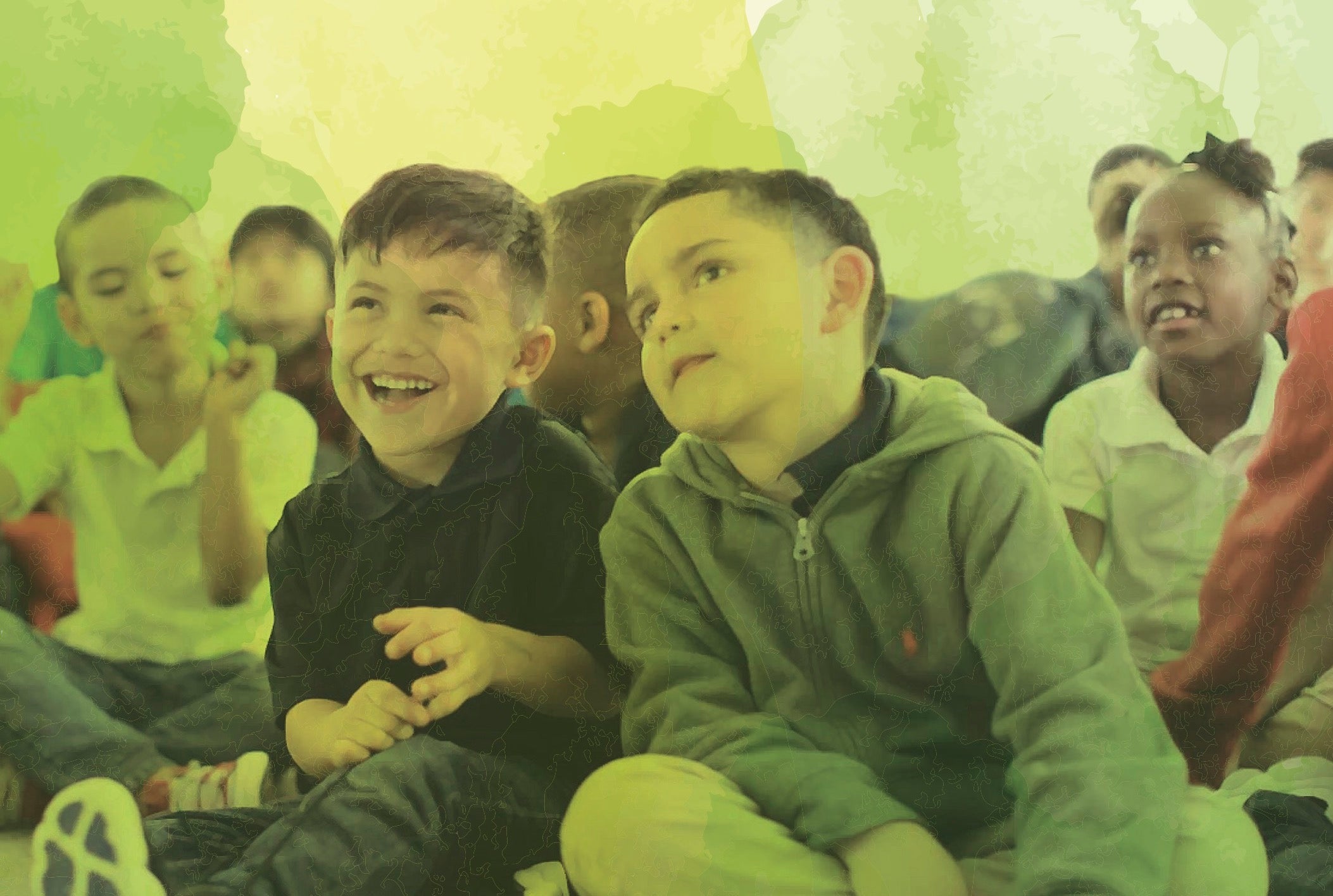What Do I Need to Know About Social and Emotional Learning?
Key Takeaways
Evidence links a young person’s development of social and emotional skills to success later in life. Researchers have identified these components of success, which adults can help young people build:
- Self-regulation
- Knowledge about oneself, others, and the world
- Skills to achieve one’s goals
- Positive beliefs and attitudes
- Values (i.e., beliefs about what’s good and bad and important in life).
Schools and afterschool programs can work together to support children’s social-emotional growth.
One factor that can help is leadership committed to social and emotional learning (SEL). Another is training to build adults’ own social-emotional skills.
Afterschool and summer programs looking to add SEL should consider:
- Phasing in social-emotional instruction over time
- Offering staff training throughout the year on SEL basics, instructional practices, and adult social-emotional skills
- Sharing information with families in multiple ways
- Tracking progress toward SEL goals.
Why Social and Emotional Learning Matters
Soft skills. Character development. 21st Century skills. Grit. Behind all the different terms is the same basic idea: Academic skills are not the only thing young people need to succeed in life. They also need to learn teamwork, persistence, goal-setting, self-control, and other social-emotional skills. Plus, academic skills and social-emotional skills are not at odds with one another. A RAND review of SEL programs whose effectiveness was backed by strong research found that a number were linked to positive results in academic achievement as well.
More schools and afterschool programs are working with students to develop social-emotional skills. That’s because research shows that social-emotional wellbeing can lead to better learning and life outcomes. Strong social and emotional development can bolster education, employment, and mental health. It can inhibit substance abuse and criminal activity. The stresses on children from the COVID-19 pandemic brought the need for social-emotional support to the forefront.
The Qualities Young People Need to Succeed
What qualities besides academic skills matter? Researchers at the University of Chicago sought to find out, drawing on decades of theory, evidence, and interviews with experts, young people, and the adults who work with them. They identified the following components of success, which adults can help build:
- Self-regulation
- Knowledge about oneself, others, and the world
- Skills to achieve one’s goals
- Positive beliefs and attitudes
- Values (i.e., beliefs about what’s good and bad and important in life).
Adults can nurture these qualities in two ways: 1) providing young people with rich experiences like arts and sports, and 2) giving them the opportunity to reflect on those experiences.
Wallace’s Partnerships for Social and Emotional Learning Initiative
Families and educators know that SEL isn’t confined to the classroom. It is reinforced in every setting and interaction young people experience. So it makes sense for schools to work with afterschool programs to build students’ social-emotional skills throughout the day. That’s what elementary schools and programs in six communities did from 2017 to 2021 as part of Wallace’s Partnerships for Social and Emotional Learning Initiative.
The communities were Boston; Dallas; Denver; Palm Beach County, Florida; Tacoma; and Tulsa. They worked mainly on helping students recognize and manage their emotions and empathize with others. These skills are critical to building healthy relationships with peers and adults. A research team from the RAND Corporation has been studying their efforts.
Lessons for Building Young People’s Social-Emotional Skills
The initiative study involved several methods. Researchers observed teaching and other activities; interviewed principals, afterschool program directors, and others; and surveyed staffers. They also assembled case studies to describe unique, high-quality approaches in each community. Their analysis of the case studies found that the following factors helped schools and afterschool programs work together on SEL:
- Committed leadership from principals and afterschool managers
- Guidance from SEL committees
- Time for SEL in the school and afterschool schedules
- Training to build adults’ own social-emotional skills before rolling out SEL for students
- Short SEL rituals like morning meetings and “brain breaks”
- Trusting relationships between school and afterschool staff members
- Formal, written SEL resources to ensure consistency throughout the learning day
- A sense of “ownership” of SEL work by teachers, counselors, and afterschool instructors.
The research team also has recommendations for afterschool and summer programs looking to add SEL:
- Phase in instruction over time, so instructors can develop experience in teaching social-emotional skills.
- Offer staff training sessions on SEL basics, instructional practices, and adult social-emotional skills throughout the year to account for staff turnover.
- Share information with families in multiple ways and provide SEL activities they can try at home.
- Track progress toward SEL goals regularly and use what the monitoring suggests to make improvements.
Organizations that support afterschool and summer programs can help by developing lessons to build social-emotional skills, offering SEL training, and leading improvement efforts.
Choosing the Right SEL Program
How can schools and afterschool providers decide what type of SEL program is right for them? A Wallace-commissioned guide from Harvard University offers detailed information on 33 evidence-based programs for pre-K and elementary-age children.
The project leader, Stephanie M. Jones, is a nationally recognized expert on social and emotional learning. Her team also produced a middle and high school edition of the guide that looks at 18 programs. The guides include worksheets to help users choose a program. They also feature recommendations for adapting SEL programs to afterschool and summer settings and ensuring SEL is relevant to young people of all backgrounds, cultures, and identities.
Featured Resources






